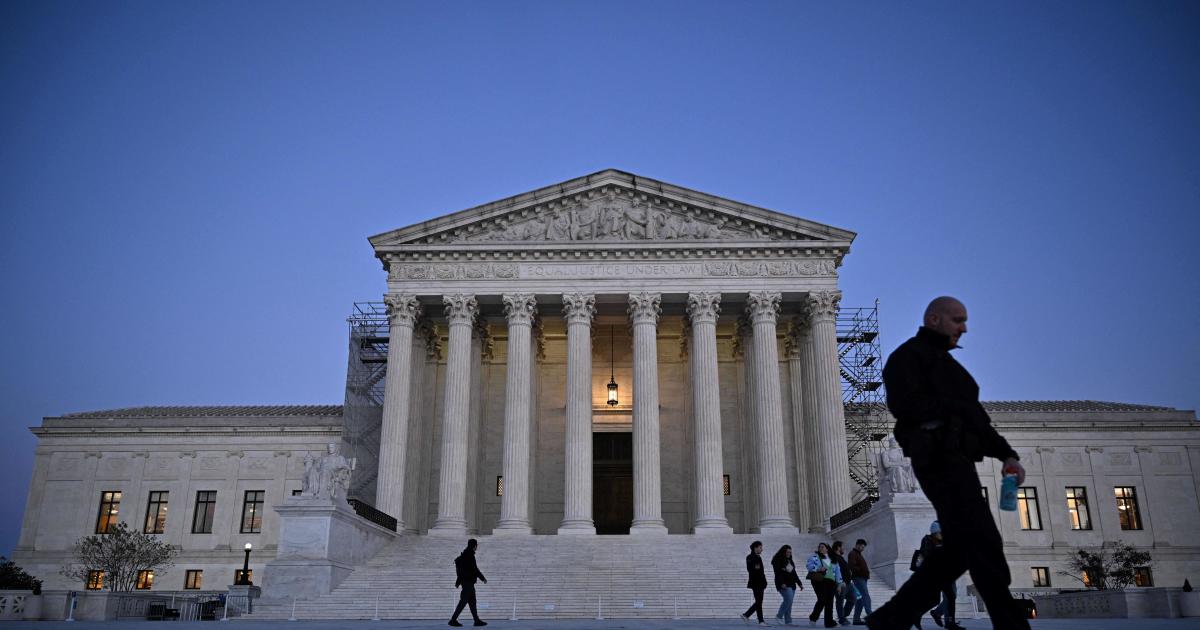The Supreme Court is poised to hear arguments Tuesday in a closely watched case that some warn could have sweeping implications for the U.S. tax system and derail proposals from some Democrats to create a wealth tax.
The dispute before the justices, known as Moore v. United States, dates back to 2006. That year, Charles and Kathleen Moore made an investment to help start the India-based company, KisanKraft Machine Tools, which provides farmers in India with tools and equipment. The couple invested $40,000 in exchange for 13% of the company’s shares.
KisanKraft’s revenues have grown each year since it was founded, and the company has reinvested its earnings to expand the business instead of distributing dividends to shareholders.
The Moores did not receive any distributions, dividends or other payments from KisanKraft, according to filings with the Supreme Court. But in 2018, the couple learned they had to pay taxes on their share of KisanKraft’s reinvested lifetime earnings under the “mandatory repatriation tax,” which was enacted through the Tax Cuts and Jobs Act, signed into law by President Donald Trump the year before. The tax was projected to generate roughly $340 billion in revenue over 10 years.



A few things to note about this case.
First, this couple has spent far more money fighting this case in court than it owes in taxes. They are suspiciously well funded.
There is roughly $2.6 trillion dollars in untaxed earnings being held overseas in order to avoid taxation.
US businesses pay taxes on income, but foreign investments used to only be taxed when an asset was sold. This is a massive loophole for international businesses that allowed them to stash earnings indefinitely by moving money from one bank account to another, and only repayriating the money when it would minimize tax liability.
Closing this loophole without a one-time levy would have rewarded corporations engaged in tax avoidance with a $2.6 trillion tax cut.
The Moores did not receive any distributions or payments because they did not want to receive any taxable distributions or payments. That’s the scam, to make it look, on paper, like they aren’t earning anything while their portfolio grows. Meanwhile, they are free to leverage that value in the form of loans.
This is not a fight between the big bad IRS and a mom and pop investor just trying to make ends meet. This is international oligarchs hoarding wealth in tax shelter nations, and if the SCOTUS rules in their favor, it’s going to come out of taxpayer pockets.
This is false. There are zero dollars in untaxed earnings.